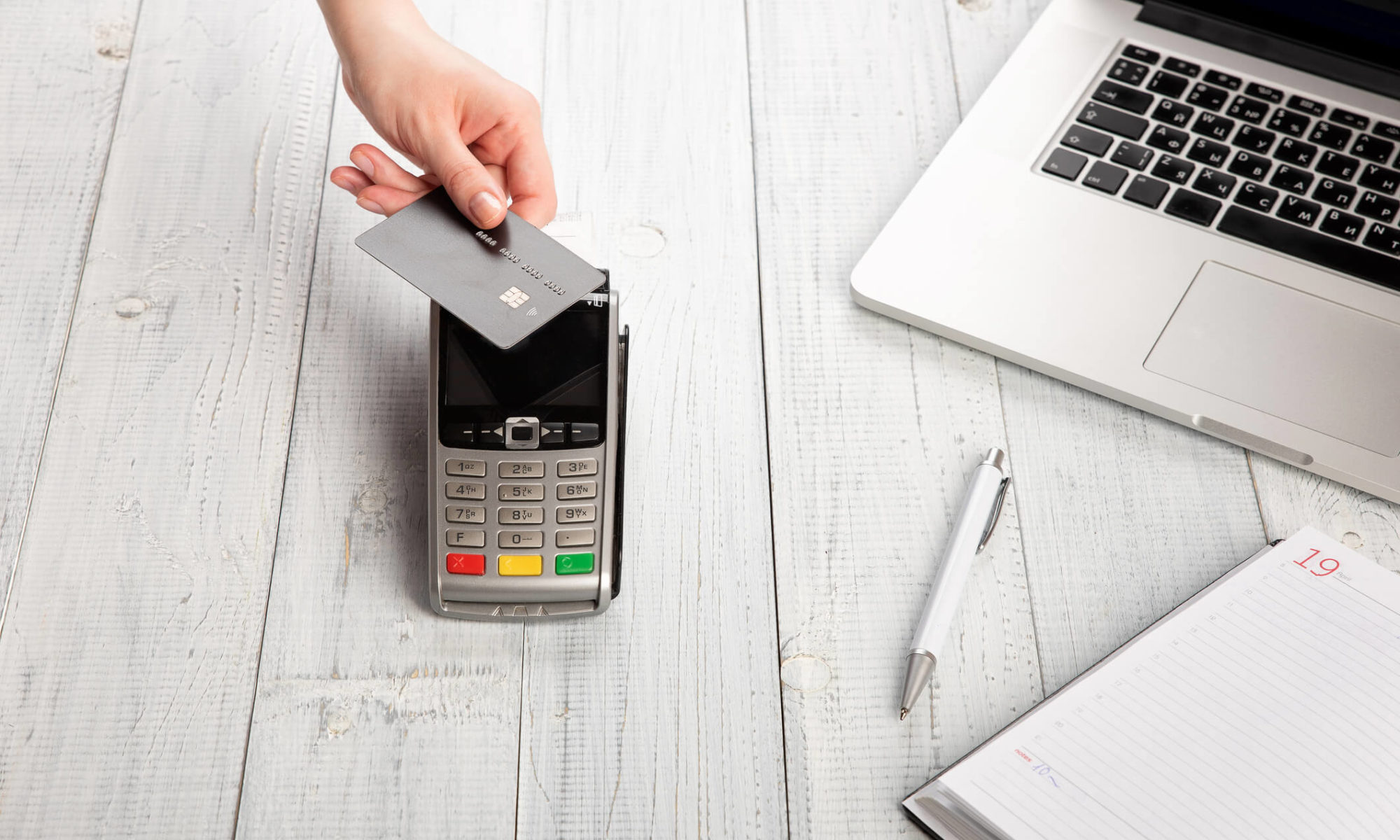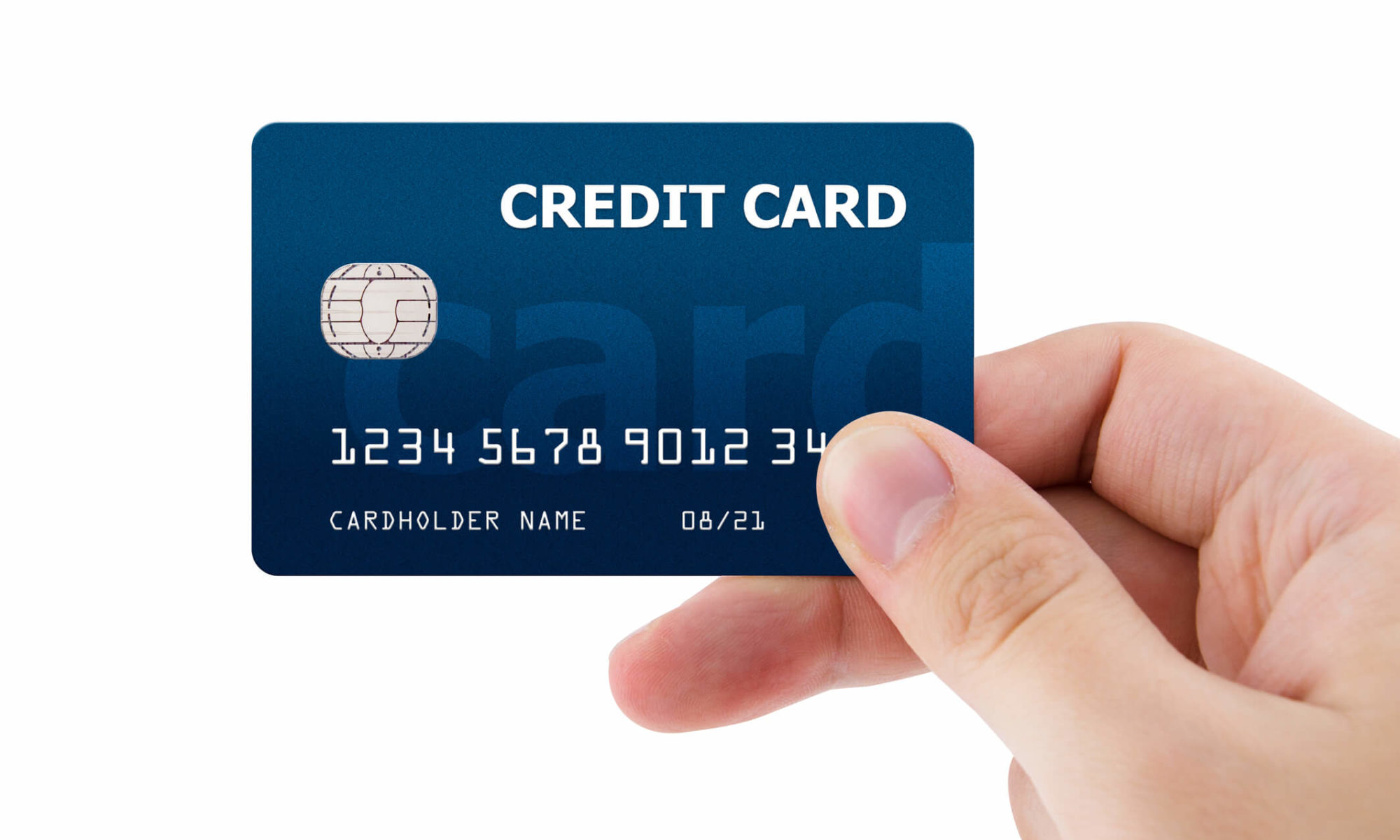According to a recent study, two in five Americans use plastic to pay for the purchases they make every day. Whether it’s a debit card or a credit card, many people prefer to use plastic and that translates to a serious loss in sales for your store if you don’t accept that method of payment. Before you can even begin to consider taking plastic as a form of payment though, you’ll have to select the right payment processor and that can be difficult. Wondering why?
Blog after blog is willing to tell you more about the differences between payment processing solutions, but few are willing to help you sort out which are the best payment processors to help meet your needs. These tips can help you do just that.
Tip #1 – Decide How You Use Your Payment Processor
Online companies need to ensure their choices offer eCommerce solutions like shopping cart integration. Businesses that often appear at off-site events like trade shows need mobile payment solutions. Brick and mortar companies need something a bit more traditional. Understanding exactly what kind of business you do most often will help you find the solution that best meets your needs. Don’t just think about what’s happening in your company right now, though. You’ll also want to think about your company’s long term needs to best know what might work now and well into the future.
Tip #2 – Understand How Your Customers Pay
Not every customer prefers to pay the same way. Some wish to use a debit card from a local bank. Others might want to use their American Express card. Still, in certain situations, you may need to be able to accept EBT cards or electronic checks. What type of business you run will help you know more about the kinds of payments your customers may have on hand, which will further determine the best processor to meet your needs.
Tip #3 – Know The Set-Up Timeline
How soon do you need to be up and running with regard to your new payment processor? Often you initially have to apply for an account, then equipment installation can take some time as well, so know who can get you there according to your timeline and which payment processors may take you some additional time to set up. Along with that, you may want to check to see how much set up support you will receive during the process. If you’re not very tech-savvy, you may want a processor that offers added support to help you get things off the ground.
Tip #4 – Identify the Fee Structure
Nothing is free in this world, and that’s as true for payment processing as it is for anything else. Every single processor will offer you a different fee structure, and the ability to identify exactly what you’ll be paying is absolutely key to moving forward. There are a number of terms with which you should be familiar. Interchange fee is maybe the biggest term you should understand. This is a fee that is charged for every transaction you process through the payment processor. It typically runs from two to three percent per transaction, but that can vary. The type of card makes it change, the type of transaction (online, over the phone, or a physical sale), and even the size of the transaction can make that fee vary somewhat. Beyond that, know that there are often application and set up fees involved, monthly minimums, and even a gateway access fee.
Not all credit card processors work on the same system, though. Some use a subscription method that allows you to pay a single monthly fee. Others offer you a flat rate per transaction. What you decide on, however, is going to depend on how you do business, the average size of the transaction, and how much you have to spend on the entire process.
Tip #5 – Recognize Compliance and Security Guidelines
Almost every processor you see will be PCI compliant, and that’s not negotiable. If you’re going to accept credit and debit cards, you have to ensure the safety of your customers’ accounts, and PCI compliance is the best (and required) way to do just that. Security, though, goes further than PCI compliance. You’ll also want a processor who takes things a step further when it comes to data security. From tokenization to point-to-point encryption, there are many different ways to help prevent fraud in your business, and you want a processor who takes that seriously.
Payment processors abound today, but that doesn’t mean it’s easy to make a decision about which one might be right for your business and your customers. Do a bit of research with these tips handy, and you’ll find one that will meet your needs.
To learn more about how Y2Payments can help, contact us today at 888-693-1850.



